Modules
This is a small selection of the kinds of modules offered at undergraduate and taught postgraduate levels in the department that address race/ethnicity, gender, sexuality and other marginalities. Please note that we cannot guarantee in advance which modules will be run in any particular year.
First Year Undergraduate
The Rise and Fall of American Slavery, 1607-1865
Dr David Schley
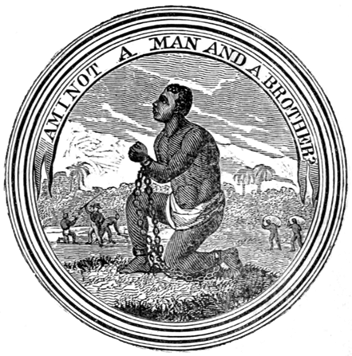
This module traces the history of the American South, from its colonial beginnings on the fringe of the British empire, to its emergence as the most powerful slave society in the world, and finally, to its sudden collapse during the Civil War. America’s prosperity was built on the backs on millions of enslaved black labourers, and its political course was charted by the oligarchs who owned them. Indeed, for over 250 years, slavery inflected numerous aspects of American life, and thus this module will serve as a wide-ranging introduction to early U.S. history.
Power in Africa
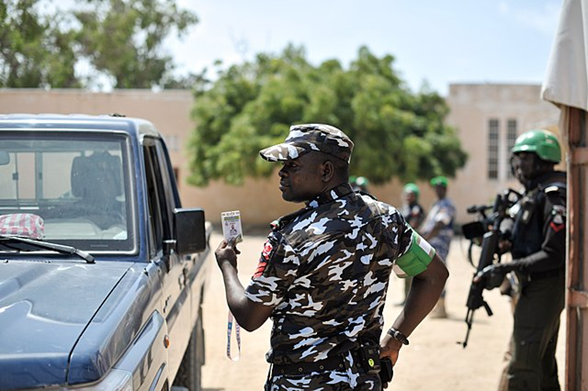
This module introduces students to the study of African history through a range of aspects or sites of power. It helps students to acknowledge, but also deconstruct, the traditional tripartite division of African history into pre-colonial, colonial and post-colonial. It also situates the history of European colonialism on the continent within much longer stories about changing power relations within Africa's societies and between Africa and other parts of the world.
Empires on the Nile: The Sudan Archive at Durham University
Prof. Christina Riggs

This strand in our Making History module uses material in The Sudan Archive to consider how two imperial powers – Ottoman Egypt and Great Britain – collaborated in the colonization of Sudan from the 19th century to Sudanese independence in 1956. Egypt occupied an unusual position as the ‘colonized colonizer’ of its neighbour on the Nile, while Sudan played a crucial role in the late Victorian imagination of empire, as all the British streets named after Khartoum, Gordon, and Kitchener can attest. What sources have historians used to study colonization? Why are some of those sources based in Durham? What questions do they allow us to ask, and from whose vantage point? By examining visual and material culture, as well as diaries, letters, reports, newspapers, and literature, this strand gives students first-hand experience of historical research and greater appreciation of the challenges raised by decolonization.
Second Year Undergraduate
Black British History
Dr Liam Liburd
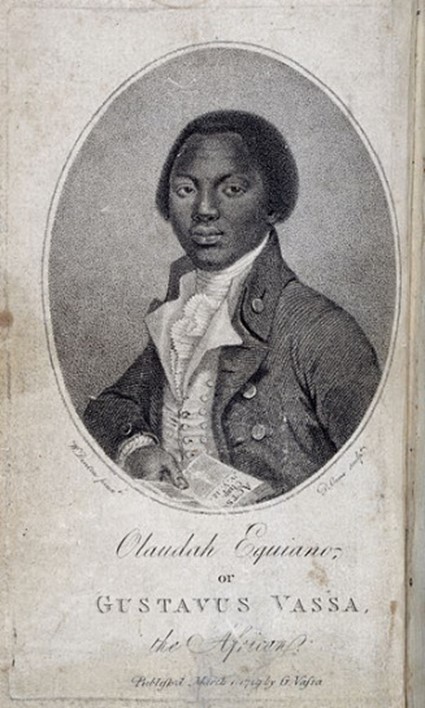
What do we mean by Black? What do we mean by British? This module examines how these terms have been negotiated and contested during the late modern period. Students will see how the identities of, and the terminology used to describe people of African origin and descent in Britain and the empire have been historically, geographically and politically contingent. They will also see how notions of Britishness have been forged through debates about race, nation and empire.
A 'Pure' Land? Gender, Caste and Community in South Asia, c.1750-1950
Dr Radha Kapuria

This module reveals how gender and caste have historically been central to the construction of so-called pure communities, whether religious and national, in South Asia. It offers students a longue-durée perspective on the history of gender relations and caste structures on the subcontinent, combining perspectives from both the early modern and modern periods.
Marginal Tudors
Prof. Natalie Mears
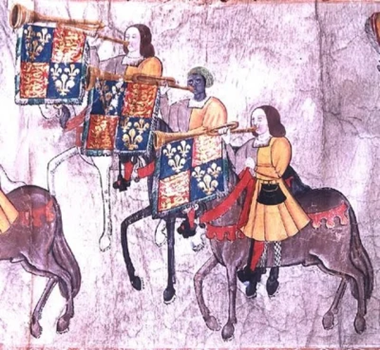
The publication of Miranda Kaufman's Black Tudors (2017) gave a rather different perspective to the Tudor period, new for many readers but rooted in earlier and wide-ranging work on a variety of people who lived 'on the margins' of Tudor life. This strand in our Conversations with History module examines some of these groups, including people of colour, the Gaelic Irish, refugees and immigrants, and the disabled. It explores who were marginalised, by whom and why; what role intersectionality played in marginalising people; and whether people moved in and out of marginalisation.
Fascination and Fear: Understanding Gypsies
Dr Alex Barber
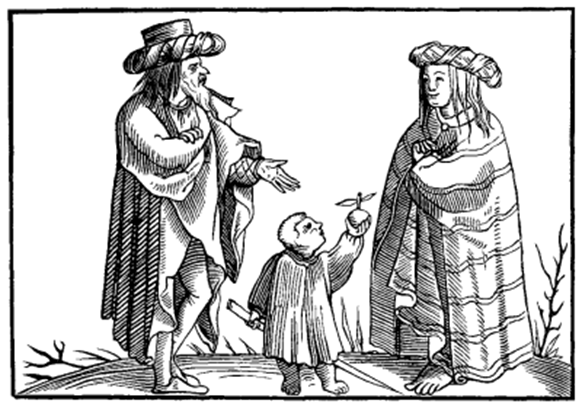
Understanding the complexity of Gypsy/Roma/Traveller (G/R/T) culture and identity has proved to be an almost impossible task for historians. The historiography often fluctuates between describing Gypsies as romantic and exotic figures, paradigms of freedom, or as outsiders, leading shadowy lives on the margins of society. Starting with general surveys of Gypsies lives, this strand of our Conversations with History module explores how we have (mis)understood constructions of race, gender and sexuality and the complexities of agency in the lives of Gypsy people. The strand raises questions about the nature of history and the difficulties of writing about people who occupy ephemeral positions in society. It considers how historians can construct the social world and life experiences of Gypsies when their voices are so limited in the archive. In answering these problems, the strand introduces students to ethnographic, anthropological and sociological approaches to history.
Final Year Undergraduate
Constructing Identities: Gender, Sexuality and Age in England
Dr Barbara Crosbie
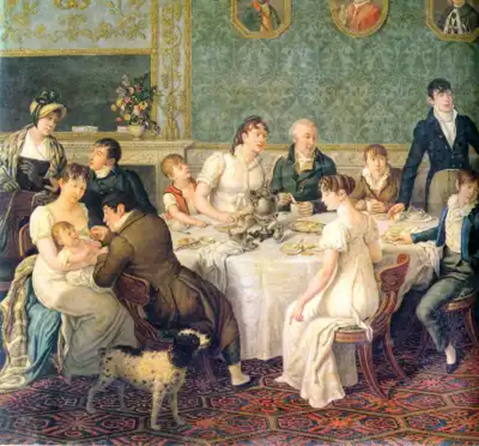
This module explores gender relations in early modern England. It considers the associations that were made between gender and biological sex and how ideas of femininity and masculinity transcended the distinctions between gender and sexuality (though projected norms and illicit sexualities). It examines the consequences of a growing emphasis on binary categories of male and female, and questions both whether there was an early modern sexual revolution, and if the idea of sexual identity was an eighteenth-century invention.
The White Man's World: Whiteness in Modern British History
Dr Liam Liburd
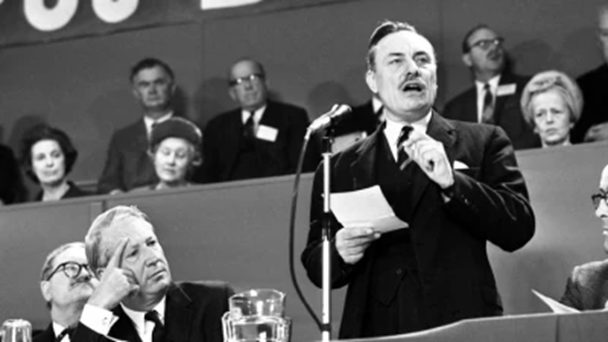
This module interrogates an underacknowledged presence in the history of modern Britain: whiteness. The wave of increased interest in Black British history and British histories of race and empire since the upheavals of 2020 has tended to discuss these subjects as if they only apply, or are of interest, to non-white people and communities. Using insights from the study of Black British history and critical studies of race, this module will empower students to re-examine and revise our broader understanding of British history in general. To this end, it explores the history of empire, decolonisation, migration, race, racism, and racialisation in modern Britain through the concept of whiteness from the late nineteenth century until the late twentieth century.
Sexual Revolutions: The Politics of Gender and Sexuality in Britain and Beyond, 1920s to 1970s
Dr David Minto

In the half-century between the 1920s and the 1970s, the terrain of what we might call sexual politics in Britain transformed. This course enables students to explore how and why by focusing on reformist, radical, and reactionary movements that contested the regulation of gender and sexuality during this time. Framed by female suffrage at the beginning of the Twentieth Century and the advent of the AIDS crisis at its end, the period on which we concentrate saw fierce battles over such issues as the provision of contraception, the legal status of abortion and homosexuality, the efficacy of eugenics and interracial relationships, the possible grounds for divorce, the cultural codes of obscenity, the potential to change sex, and the legitimacy of women who worked. Our central lines of enquiry will be guided by the forms, dynamics, interests, effects, and ideologies of the social movements, activists, and cultural producers themselves.
Voice and Silence in South Africa's Liberation Struggle
Dr Rachel Johnson
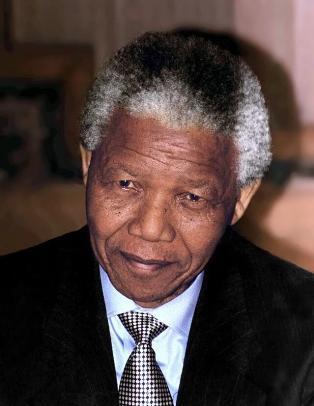
The module explores the centrality of oral testimonies in writing the history of South Africa's anti-apartheid movements. It reconstructs a history of talking about the struggle as it took place in political trials, in international campaigns, in the public hearings of the post-apartheid Truth and Reconciliation Commission and in the interviews conducted both during and after the struggle by successive generations of historians. It considers the gender and age dynamics of these processes who speaks for the movement, when and how? Who are those who talk speaking to, and why? It examines the importance of individual auto/biographies within the campaigns of the national and international anti-apartheid movement and the relationship between historians and the liberation struggle. And it explores the various ways in which historians have used oral evidence and consider the silences that may persist within existing approaches.
Taught Postgraduate Modules
Decolonising History
In the most traditional sense, studying decolonisation involves looking into distinct historical processes of the demise of European maritime empires and the social and political changes that resulted in the former imperial colonies breaking away from the metropolis. As a way of writing history, to decolonise means to critically engage with the methodology developed for the analysis of how, in the Anglo-American world, hegemonic discourses and narratives of history privileged histories of specific groups while silencing and marginalising others. Understanding the complexities of Black history and the histories of race has been key to this methodology. However, it has since been applied to a range of other regions and chronologies. Recent public protests, the Black Lives Matter movement, and the destruction of public monuments to colonisers around the world that they inspired brought this critical methodology to the fore of historians’ attention. How central are the histories of race to this methodology and how productive is its application to other contexts? What are the advantages of the understanding of historical processes previously analysed within the framework of nationalism and political sovereignty as decolonisation?


/prod01/prodbucket01/media/durham-university/departments-/history/77231.jpg)
